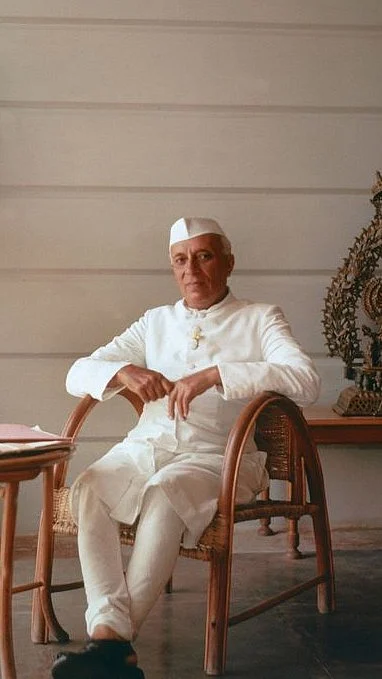In a country as diverse as India, even celebrations such as Dussehra take on many different forms and variations. Bisrakh gets its name from Rishi Vishravas, which must have been distorted over time. We better know him as the father of ten-headed Ravana, the one who ruled golden Lanka. Some accounts say that he was born here, while others say that he spent a part of his childhood here.

Ravana sculpture in Bisrakh temple | Pinterest
Bisrakh: Ravana's Birthplace
Bisrakh, a village in Uttar Pradesh, located just 40 kilometers from Delhi, considers itself to be Ravana's birthplace, with villagers counting themselves as his descendants.
A Different Perspective On Dussehra
While the rest of the country derives joy from burning effigies of Kumbhakaran, Ravan, and his son Meghnath, the villagers of Bisrakh mourn Ravan's loss and conduct prayer rituals for his soul. The villagers believe that Ravan deserved to be revered for his knowledge and devout faith in Lord Shiva rather than villainized. At the same time, they still pray to Lord Ram, as he is a god.
Unique Rituals And Beliefs
In one of the many deviating rituals in the village, people do not celebrate Ramleela for fear of inviting bad luck. During Dussehra, they offer prayers in the Bisrakh Ravana Mandir. This temple, according to local belief, carries the same Shiva Linga which was once worshipped by Ravana and his father, the sage Vishravas. In fact, the name of the village is believed to be derived from the word “Vishravas.”
Honoring Ravana
The people of the village have even raised money to build a new temple dedicated to Ravan. Ravana, as per Hindu mythology, was the king of Lanka and was very learned and powerful. In different iterations of the Ramayana text, he is portrayed as the antagonist in the god Ram's story but is also considered to be representative of several communities in India. There are temples dedicated to Ravan in Kanpur, the Vidisha district of Madhya Pradesh, Mandya district of Karnataka, and many other places as well.











